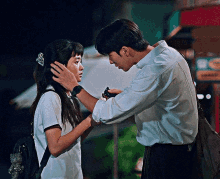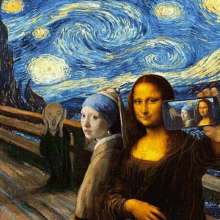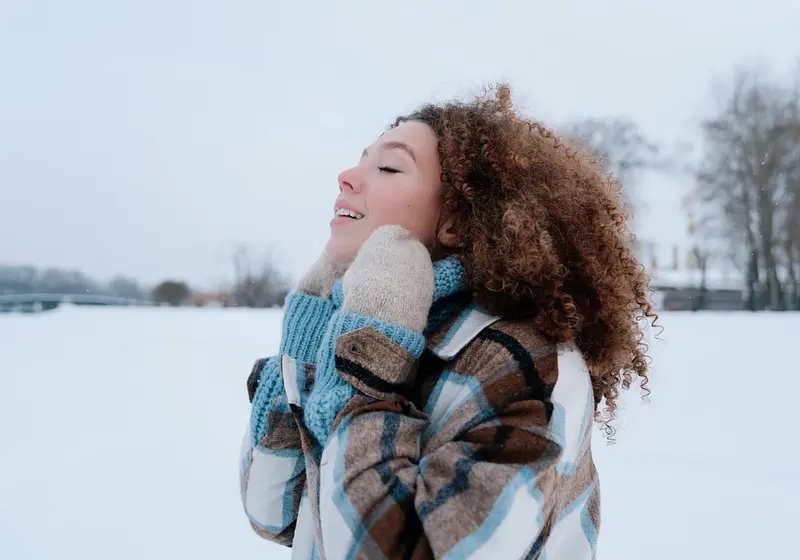In the center of the arctic region, rare and fascinating displays of lights occur in the cold, dark winter season. This display is called the Northern Lights, otherwise known as the Aurora Borealis. The Northern Lights appear as streaks or clouds of multiple colors, such as green, red, purple, or blue.
I got interested in this topic about a year ago when I saw the Northern Lights in Tromso, Norway. We had been there the whole night and were ready to give up until we saw them. I was fascinated by the lights, and after that trip, I wanted to learn more about them.

Image Credit: Stackpoole from Unsplash
Let us slide into your dms 🥰
Get notified of top trending articles like this one every week! (we won't spam you)Myths
The Northern Lights — or Aurora Borealis — have lit up the skies and imaginations of people for centuries. Long before science explained them, cultures around the world told powerful, mysterious stories about what these glowing lights really were. Here are some of the most fascinating myths tied to the auroras:
Norse Mythology: Valkyries and Warriors
In Norse legends, the Northern Lights were thought to be reflections or glows from the shields and armor of Valkyries, warrior maidens, who guided fallen heroes to Valhalla. The flickering lights symbolized bravery and the journey to the afterlife.
Sámi Beliefs: Sacred and Silent
The Sámi people of northern Scandinavia viewed the lights with a mix of awe and caution. They believed the auroras were the energies of souls, and whistling or singing under them was considered disrespectful because it could attract the spirits' attention, which was dangerous.

Image Credit: Lipke from Unsplash
Inuit Mythology: Spirit Games
Inuit communities in Alaska and Canada believed the lights were spirits of the dead playing games in the sky, often using a walrus skull as a ball. Some tales say they were trying to communicate with the living.
Japanese Belief: A Child of Light
In Japan, there’s a romantic myth that says a child conceived under the Northern Lights will be blessed with good looks, intelligence, and good fortune. For some couples, seeing the auroras together is thought to bring lifelong luck.
Finnish Folklore: The Fox Fires
The Finnish word for Northern Lights is revontulet, which means “fox fires.” According to a legend, magical Arctic foxes ran across the snowy hills so fast that their tails swept sparks into the sky, lighting it up with color.

Take the Quiz: New to Reading? Discover Your Next Book Adventure!
Trying to get into reading but unsure whether to stick with classic novels or venture into modern literature? Take this quiz to find out!
Cause of the Northern Lights
The Northern Lights are caused by electrons from the solar wind responding to elements in our Earth's atmosphere. Solars have charged particles that are out of the Sun's gravity and blown into Earth (as fast as 1.6 million miles per hour). Once they reach the upper atmosphere, they go into the Earth's magnetic fields.
The particles then mix and react with oxygen, generating a green or red light, and nitrogen, generating a blue or purple light, creating the Aurora Borealis. The Northern Lights, or Aurora Borealis, are similar to the Southern Lights, or Aurora Australis. The term Aurora Polaris is a name for both of them.

Where and When to Find Them
The Northern Lights occur in many different places. Some of the best places to see them are Iceland, Greenland, Finland, Alaska, Norway, Canada, Russia, Scotland, and more. These lights occur in the cold winter seasons and occur most frequently above 60º N.

Image Credit: Volkovich from Unsplash
Why Should You See Them?
It’s a once-in-a-lifetime experience. We believe that seeing the Northern Lights is one of the most magical experiences you can have on our planet. People travel from all over the world aiming to get a glimpse, and have reported that their stunning beauty, like coloured ribbons dancing across the sky, is a sight you never forget.











.jpeg)



